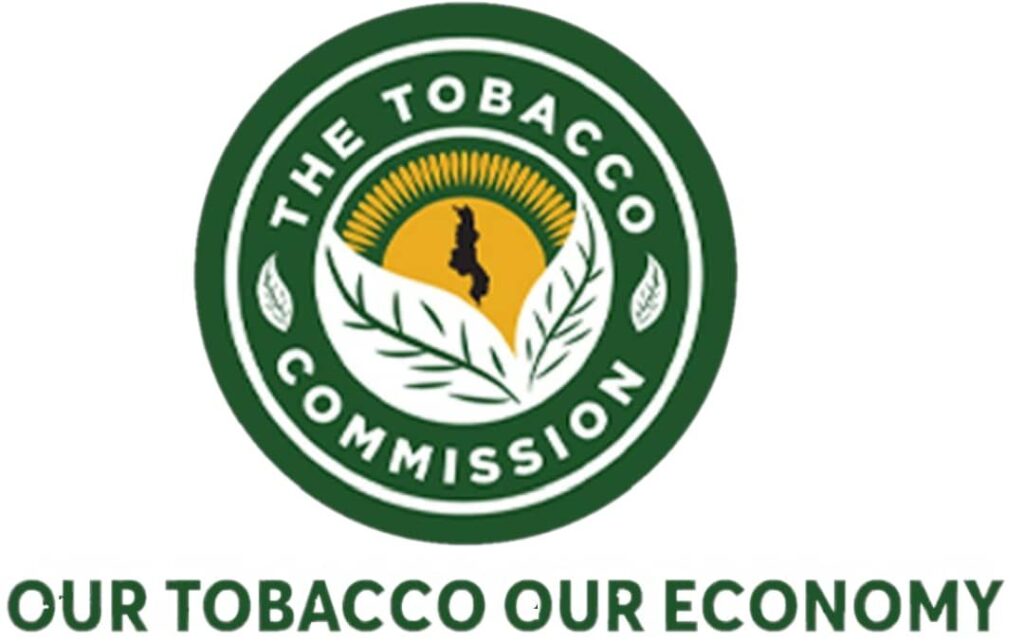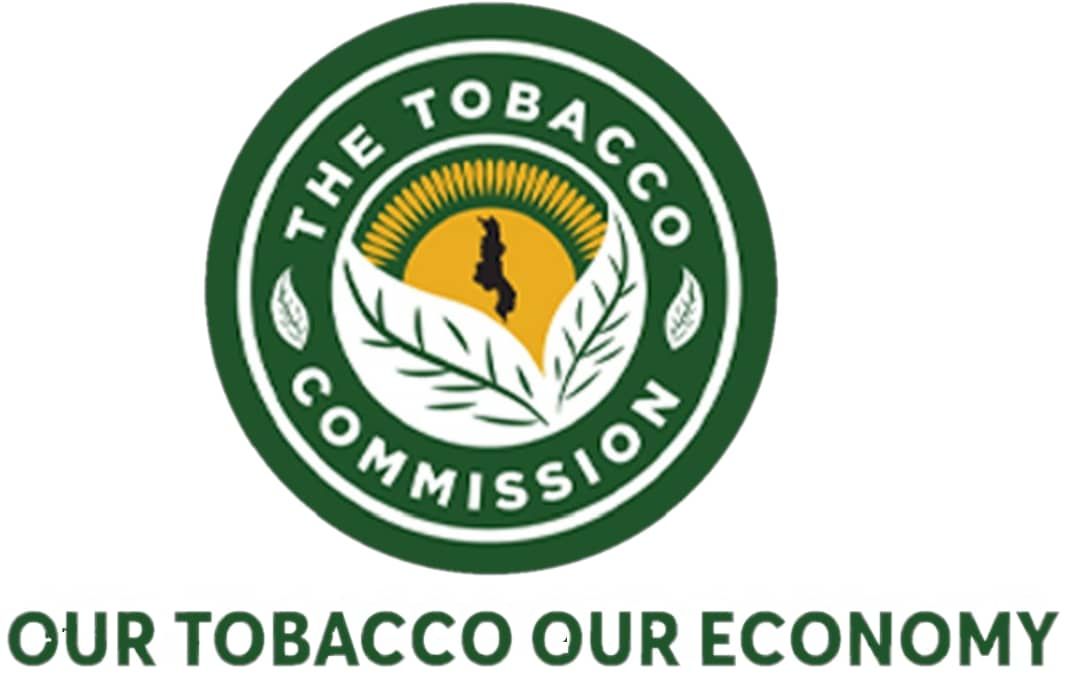By Burnett Munthali
The Malawi Tobacco Control Commission (TCC) has expressed optimism regarding the country’s ability to meet market demand following the recent licensing of approximately 223 million kilograms of tobacco. This significant development comes just two weeks before the close of the 2024-2025 growing season licensing period.
Malawi’s economy heavily relies on tobacco, which remains one of its top export commodities. The TCC’s proactive licensing strategy reflects a commitment to ensuring that farmers can capitalize on this essential crop while also adhering to regulatory frameworks aimed at promoting sustainable practices within the industry.

The licensing process for the upcoming growing season has seen a robust response from local farmers, with the TCC issuing licenses that cover a substantial portion of the expected market demand. This year’s licensing figures indicate a strong confidence among growers, with many looking to expand their operations in anticipation of favorable market conditions.
The Commission has worked diligently to streamline the licensing process, facilitating access for farmers and ensuring they understand the compliance requirements. By doing so, the TCC aims to balance the need for economic growth with public health considerations associated with tobacco cultivation.
As Malawi prepares for the upcoming season, the TCC’s optimism is rooted in positive indicators from both domestic and international markets. Demand for Malawian tobacco, particularly from key markets in Europe and Asia, remains strong. This presents an opportunity for farmers to secure better prices and expand their export potential.
Moreover, the Commission is focused on encouraging sustainable farming practices among tobacco growers. By promoting crop diversification and the adoption of environmentally friendly agricultural techniques, the TCC aims to mitigate some of the negative impacts traditionally associated with tobacco farming.
Despite the encouraging licensing figures, challenges persist. The TCC must navigate fluctuating global tobacco prices, regulatory pressures, and the ongoing public health campaigns against tobacco use. These factors could influence the overall market environment and farmers’ decisions regarding crop allocation.
The TCC is also aware of the need for continuous engagement with stakeholders, including farmers, buyers, and health advocates, to ensure that the industry evolves in a manner that addresses both economic and health concerns.
With the licensing of approximately 223 million kilograms of tobacco, the Malawi Tobacco Control Commission stands poised to meet market demands effectively. The focus on sustainable practices and proactive regulatory measures reflects a balanced approach to tobacco farming—one that seeks to support farmers while acknowledging the broader health implications. As the 2024-2025 growing season approaches, all eyes will be on Malawi’s tobacco sector to see how these efforts translate into economic success.



